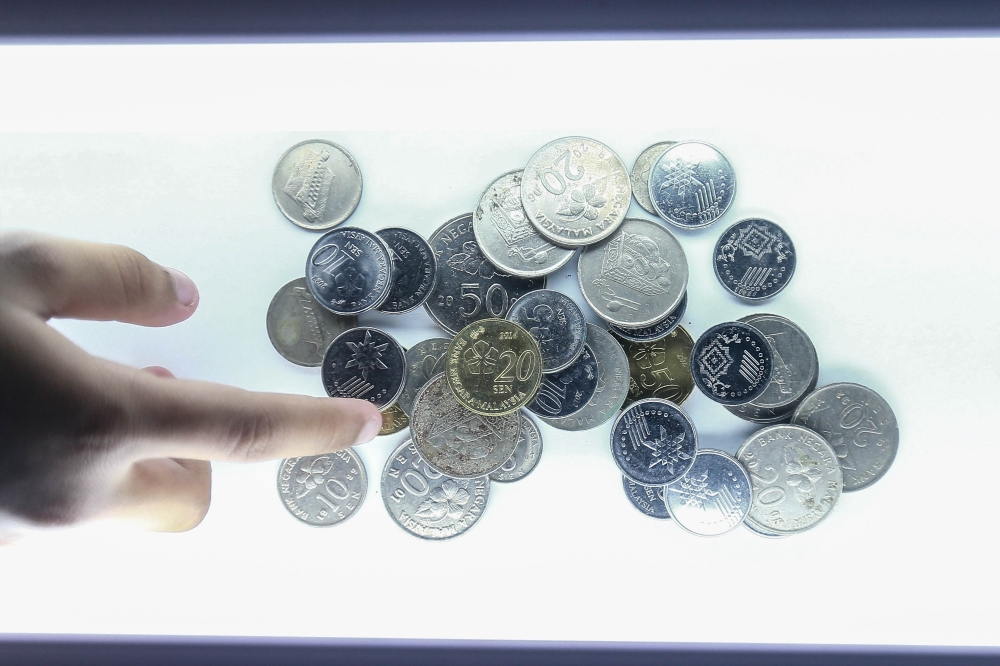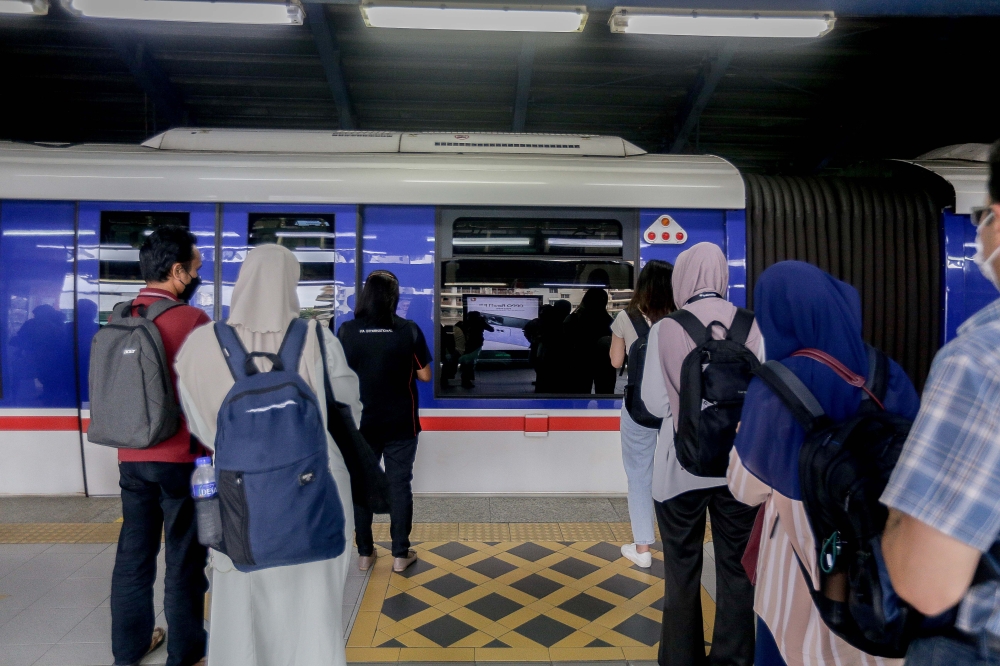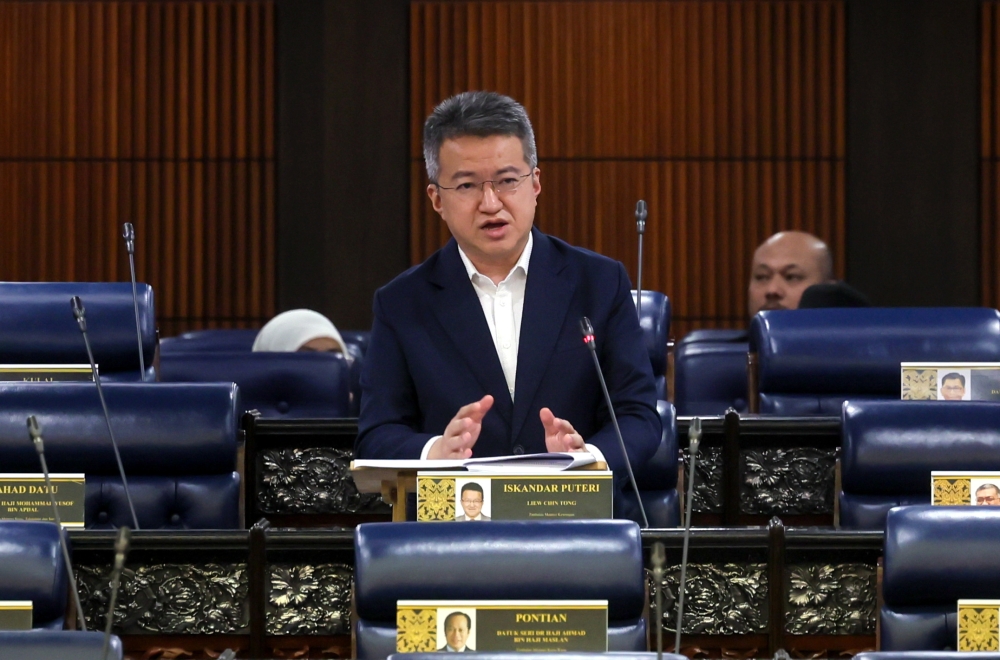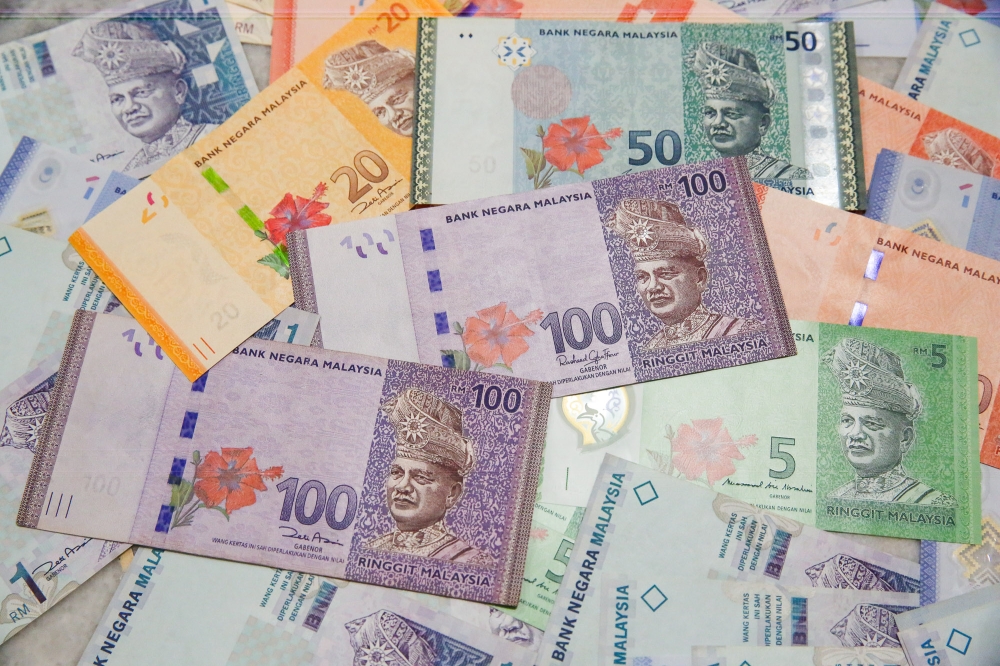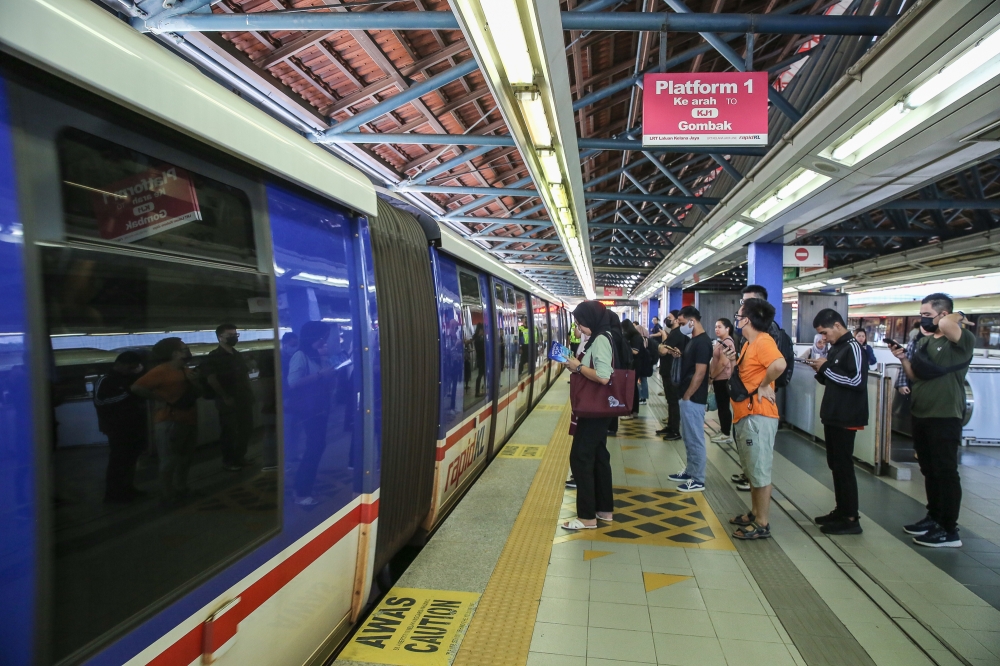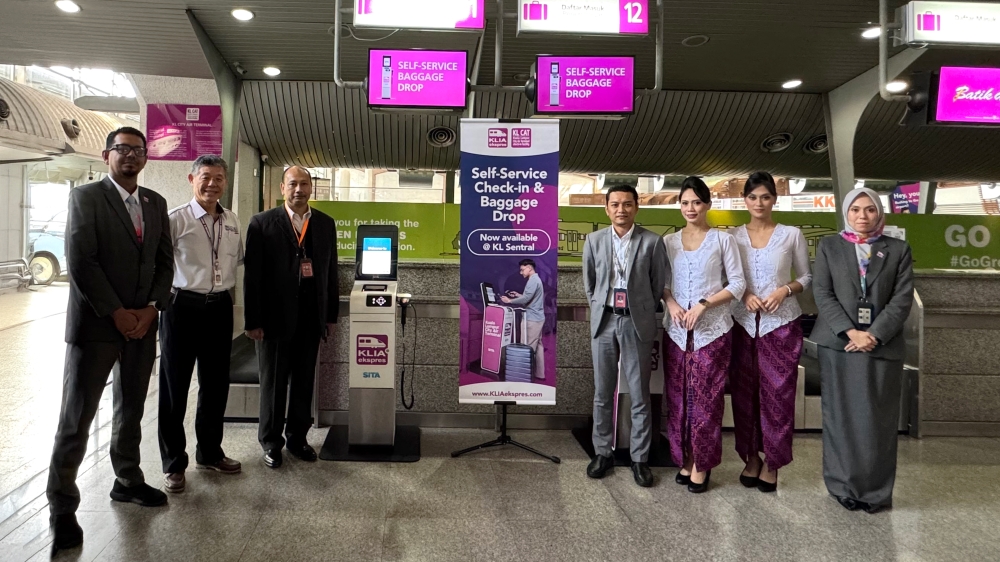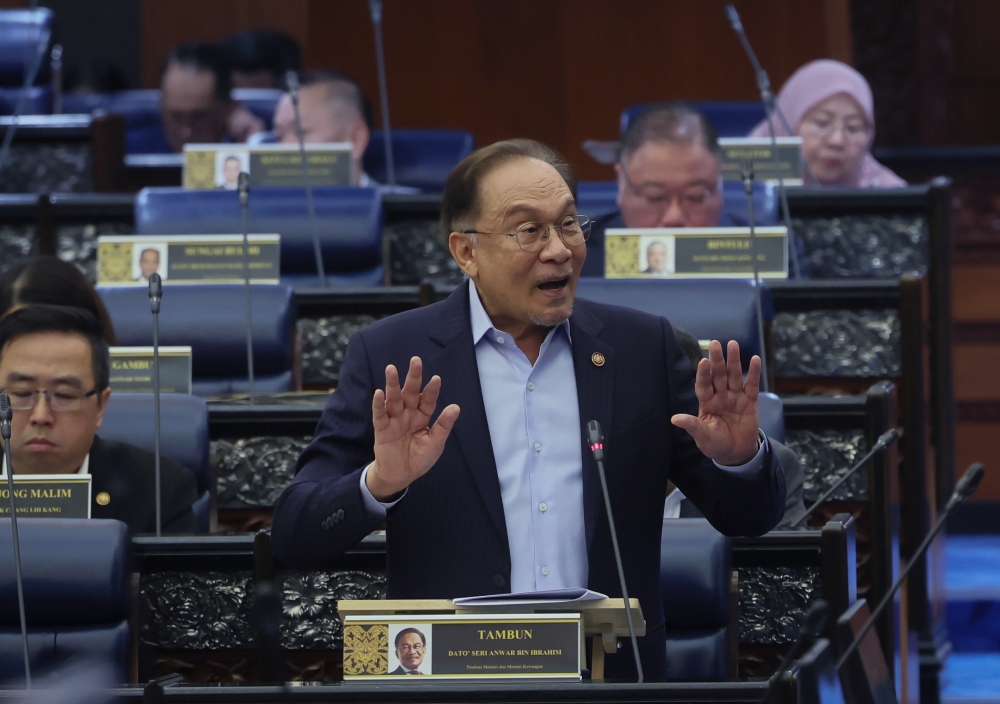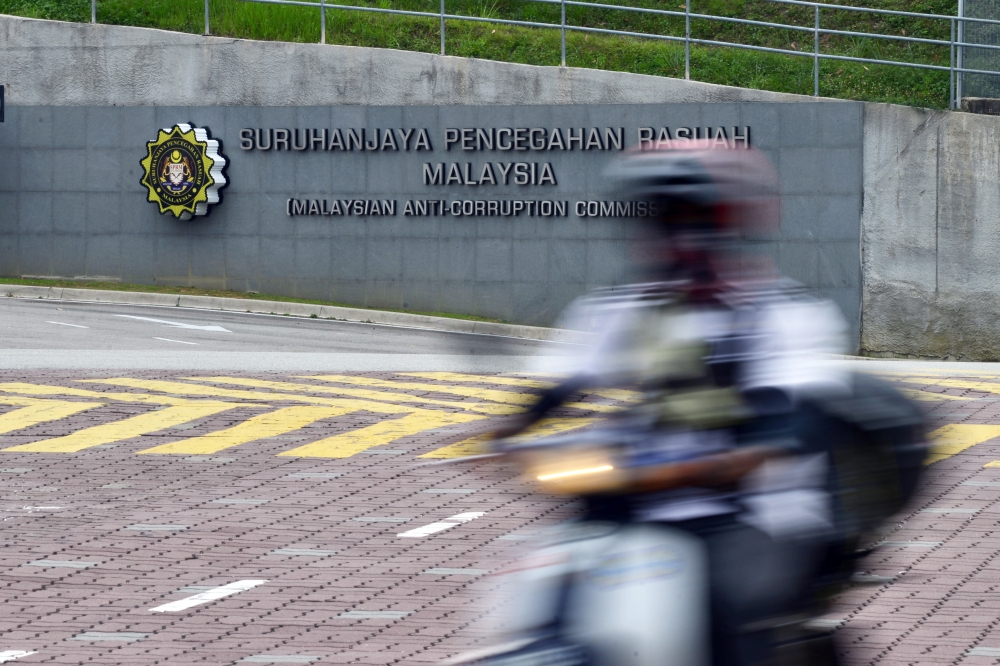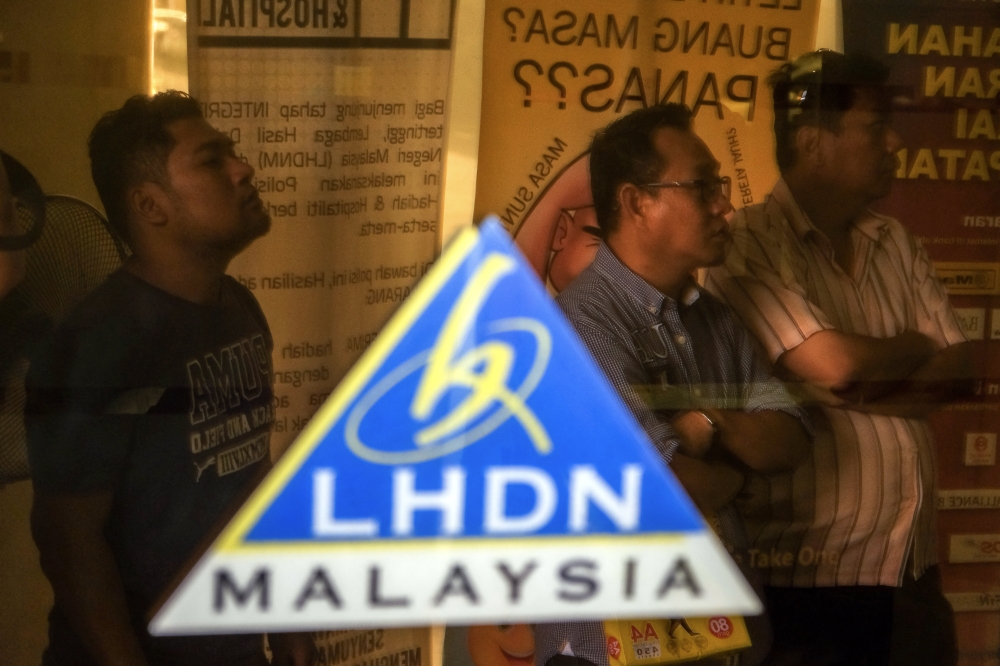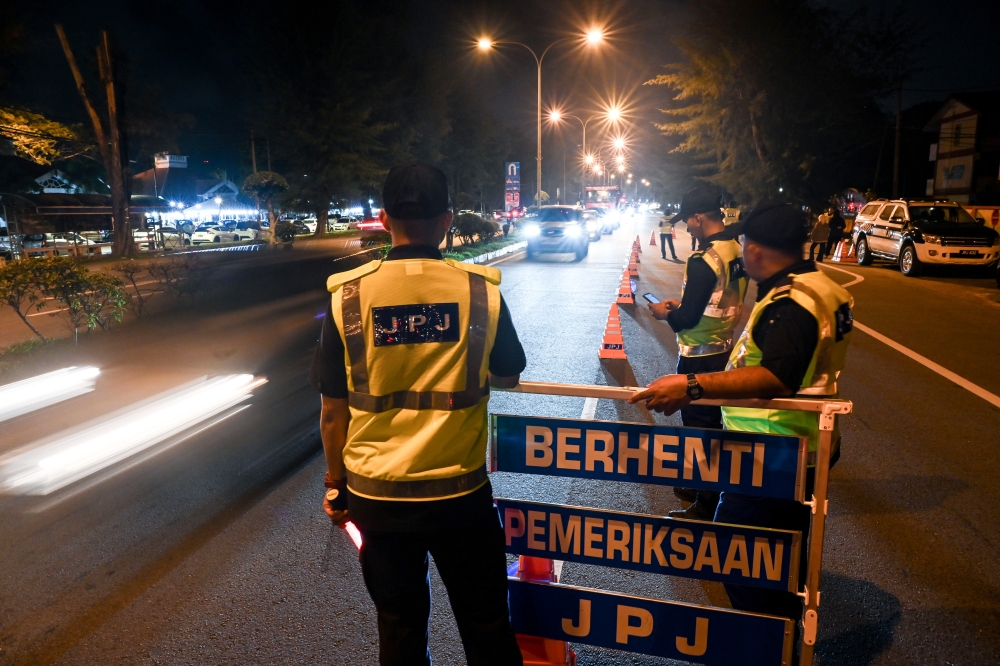KUALA LUMPUR, April 12 — Deputy Finance Minister Datuk Ahmad Maslan clarified today that he never told university students living within campus grounds to cook their own meals, saying the advice was meant for those renting accommodation outside.
The Umno leader told Astro Awani that his remarks to Universiti Teknologi Mara (UiTM) students in Shah Alam yesterday had been manipulated as critics have only focused on his one comment on cooking when he spoke for more than two hours in his briefing on the Goods and Services Tax (GST).
“I spoke for two hours 45 minutes and I spoke on various topics but they only picked up one line – cooking one’s own meals,” he was quoted saying in Astro Awani’s news report online.
“I didn’t say cook at campus, I said cook your own meals. More than half of the students stay in rented houses and I had proposed to them to cook their own meals,” he added.
Explaining further, Ahmad said the proposal was directed at only those staying outside the university campus.
“I have explained it all. We encourage them to cook their own meals if they are renting outside the campus and café operators should not increase their prices as the basic food items were exempted from GST,” he was quoted saying.
Ahmad earned criticism yesterday from students who attended the talk and on Twitter when he suggested that they resort to preparing their own meals instead of eating out if they find that prices are too high.
According to Astro Awani, some Twitter users pointed out that cooking in-campus was impossible as they are not allowed to do so.
A DAP federal lawmaker added to the criticism today, saying Ahmad’s view appeared to indicate that he and his colleagues in Putrajaya have a poor understanding of macroeconomics and the impact of the GST, which was rolled out on April 1.
In a statement, Kluang MP Liew Chin Tong labelled Ahmad a “clumsy propagandist” who is out of touch with reality.
He pointed out that with the GST, the government is effectively digging deeper into the pockets of a relatively poor population of Malaysians.
Liew also warned that the new broad-based tax system could lead Malaysia to an economic recession as Malaysians, both rich and poor, will be forced to tighten their belts due to the spike in prices of daily essentials.
This will then shrink the domestic consumer market, which the country’s economy is heavily dependant on, he said.

